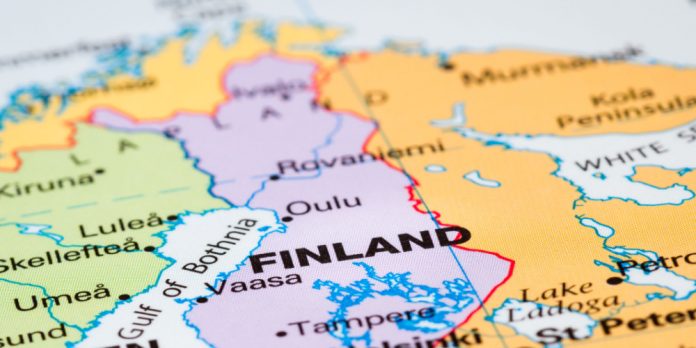The Finnish government has published a study into cross-European regulatory and licensing frameworks, as it evaluates the best course of action for ending the monopoly held by Veikkaus OY.
A transition from the current monopoly model, which sees Veikkaus hold exclusive rights to casino, lottery and betting products, has been in the political pipeline since January, and has the support of the state-owned company itself.
Under the licence system proposed, Viekkaus would retain exclusive rights over several products, these being physical casinos and slot machines, bricks-and-mortar betting and lotteries, and lottery and raffle games such as loto and keno.
The remaining licences, open to any interested operator, would just cover online sports betting and online casino gaming.
Change is almost certainly on the government’s agenda, however, as policymakers estimate unlicensed gambling margin at between €500m and €550m, and Veikkaus’ share of gambling revenue ‘has decreased significantly over the past few years’.
However, with at least a third of Finnish bettors apparently using the services of unlicenced firms, these player protection services have not been used by many, with the added impact of the government losing out on taxation revenue.
This has prompted authorities to examine different case studies of countries which found themselves in similar situations to Finland, to assist with its own transition to a ‘partial-licence model’.
The study summarised that such a move would ‘direct a significantly larger share of digital gambling consumption to regulated games than is currently the case’.
However, the government did assess that overall consumption of gambling could increase in Finland due to widening of the market and playing field, requiring a strong framework for responsible and safer gambling.
Preparation for a transition period was therefore outlined as a key area of focus, alongside the criteria for granting licences, rates of taxation and subsequent impact on the economy, marketing, gambling harm prevention measures and regulatory supervision.
Assessing the situations in fellow Nordic nations Norway, Sweden and Denmark, as well as the Netherlands and France, the Finnish report found a channelisation rate between 80% and 90%.
Policymakers’ comparisons of monopoly and partial/fully licenced systems also determined that the former is more likely to result in conflicts of interest.
Whilst the latter – described as having the ‘freest’ marketing restrictions – does see higher rates of ‘gambling disadvantages’, there was no statistical relationship with gambling harm.
A notable area of improvement for the Finnish market identified in the report was on marketing, with the regulations in the five countries deemed more effective than those in Finland.
“In terms of marketing, the general line is that games may be advertised personally only to persons who have given their consent,” the report assessed.
“Marketing aimed at minors is viewed negatively everywhere. Correspondingly, also for gambling games containing the risk of special game disadvantages, experiential marketing is viewed negatively. Sponsorship is also subject to various restrictions in several countries.”
Lastly, the study noted that in all countries assessed, the supervision of betting and gaming is undertaken by a centralised independent authority with ‘a broad supervisory mandate’.
For example, in the case of Norway – the last of the studied countries to move away from its monopoly system to a partially-licensed one – the industry is overseen by the Lottosift and the Ministry of Culture and Church, and 85% of GGR is estimated to go towards legal firms.
It is currently unclear when such a licensing framework could come into force, but it is apparent that a broad section of FInnish politicians – and, as mentioned above, Veikkaus itself – are highly supportive of reform.
Plans for reform were first announced by Minister of Europe and Ownership Management, Tytti Tuppurainen, and have since secured the support of the Centre Party and National Coalition Party (NCP), and the Labour Institute for Economic Research (Labore).
According to Finnish igaming legal expert Antti Koivula, speaking to SBC back in January 2023, implementation of a new licensing framework would take ‘at least nine months, possibly more’.











